 Technology peripherals
Technology peripherals
 AI
AI
 Open-Sora comprehensive open source upgrade: supports 16s video generation and 720p resolution
Open-Sora comprehensive open source upgrade: supports 16s video generation and 720p resolution
Open-Sora comprehensive open source upgrade: supports 16s video generation and 720p resolution
Open-Sora has been quietly updated in the open source community. It now supports video generation up to 16 seconds, with resolutions up to 720p, and can handle any aspect ratio of text to image, text to Video, image to video, video to video and infinite length video generation needs. Let's try it out.
Generate a horizontal Christmas snow scene and post it to the b site
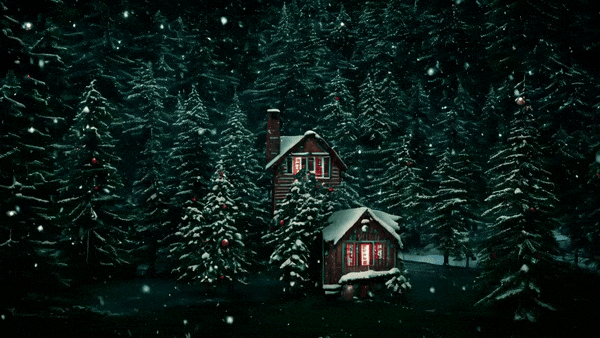
Generate a vertical screen and tremble The sound
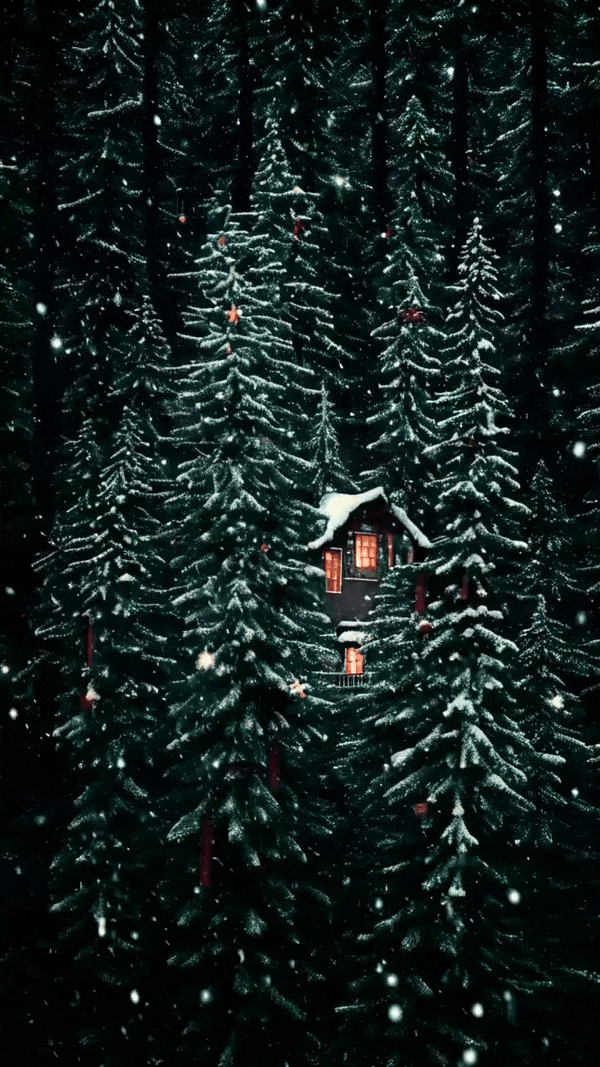
can also generate a 16-second long video, now everyone can become addicted to screenwriting
How to play? Guidance
GitHub: https://github.com/hpcaitech/Open-Sora
What’s even cooler is that Open-Sora is still All open source, including the latest model architecture, the latest model weights, multi-time/resolution/aspect ratio/frame rate training process, complete process of data collection and preprocessing, all training details, demo examples and Detailed getting started tutorial.
Comprehensive interpretation of Open-Sora technical report
Overview of the latest features
The author team officially released the Open-Sora technical report [1] on GitHub. According to the author’s understanding, this update mainly includes the following key features:
- Support long video generation;
- Video generation resolution up to 720p;
- Single model supports any aspect ratio, different resolutions and The generation needs of long-duration text to image, text to video, image to video, video to video and infinite video;
- proposes a more stable model architecture design to support multi-time/ Resolution/aspect ratio/frame rate training;
- open source the latest automatic data processing process.
Space-time diffusion model ST-DiT-2
The author team stated that they are interested in Open-Sora The STDiT architecture in 1.0 has undergone key improvements aimed at improving the model’s training stability and overall performance. For the current sequence prediction task, the team adopted the best practices of large language models (LLM) and replaced the sinusoidal positional encoding in temporal attention with the more efficient rotational positional encoding (RoPE embedding). In addition, in order to enhance the stability of training, they referred to the SD3 model architecture and further introduced QK normalization technology to enhance the stability of half-precision training. In order to support the training requirements of multiple resolutions, different aspect ratios and frame rates, the ST-DiT-2 architecture proposed by the author's team can automatically scale position encoding and handle inputs of different sizes.
Multi-stage training
According to the Open-Sora technical report, Open-Sora adopts a multi-stage Training method, each stage will continue training based on the weights of the previous stage. Compared with single-stage training, this multi-stage training achieves the goal of high-quality video generation more efficiently by introducing data step by step.
In the initial stage, most videos use 144p resolution, and are mixed with pictures and 240p, 480p videos for training. The training lasts about 1 week, with a total step size of 81k. In the second stage, the resolution of most video data is increased to 240p and 480p, the training time is 1 day, and the step size reaches 22k. The third stage was further enhanced to 480p and 720p, the training duration was 1 day, and the training of 4k steps was completed. The entire multi-stage training process was completed in about 9 days. Compared with Open-Sora1.0, the quality of video generation has been improved in multiple dimensions.
Unified image-based video/video-based video framework
The author team stated that based on the characteristics of Transformer, it can Easily extend the DiT architecture to support image-to-image and video-to-video tasks. They proposed a masking strategy to support conditional processing of images and videos. By setting different masks, various generation tasks can be supported, including: graphic video, loop video, video extension, video autoregressive generation, video connection, video editing, frame insertion, etc.
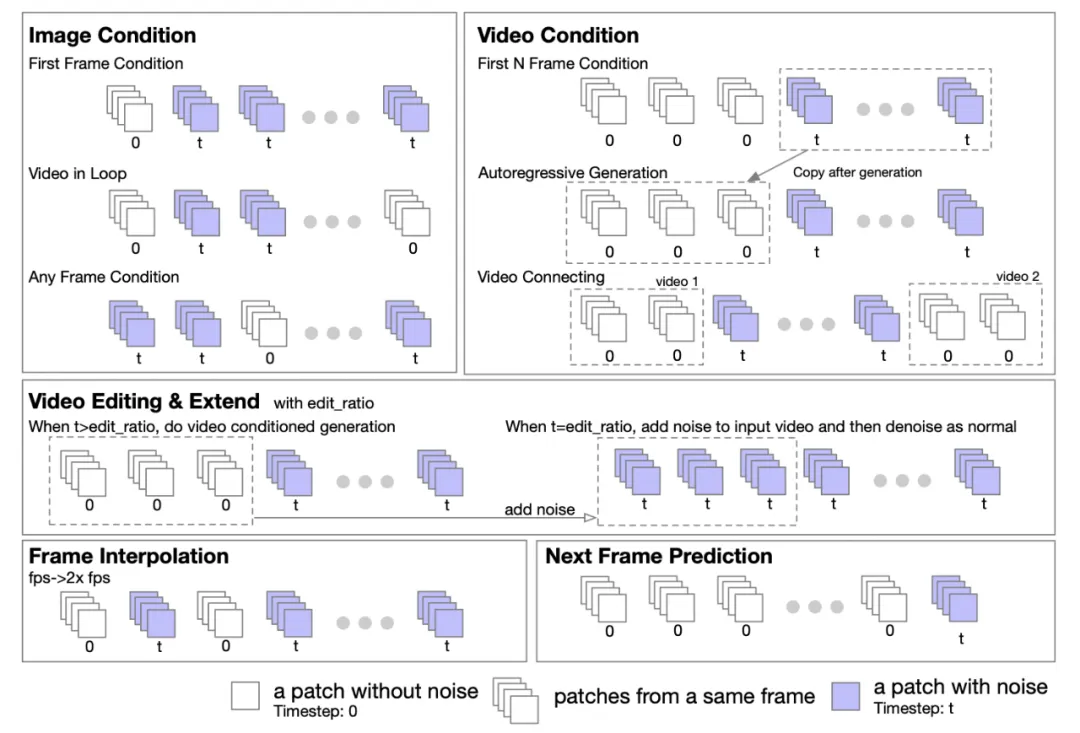
Mask strategy that supports image and video conditional processing
The author team stated that inspired by the UL2[2] method, they introduced a random masking strategy in the model training stage. Specifically, the frames that are masked are selected and unmasked in a random manner during the training process, including but not limited to unmasking the first frame, the first k frames, the next k frames, any k frames, etc. The authors also revealed to us that based on experiments with Open-Sora 1.0, when applying the masking strategy with 50% probability, the model can better learn to handle image conditioning with only a small number of steps. In the latest version of Open-Sora, they adopted a method of pre-training from scratch using a masking strategy.
In addition, the author team also thoughtfully provides a detailed guide for masking policy configuration for the inference stage. The tuple form of five numbers provides great help when defining the masking policy. Flexibility and control.
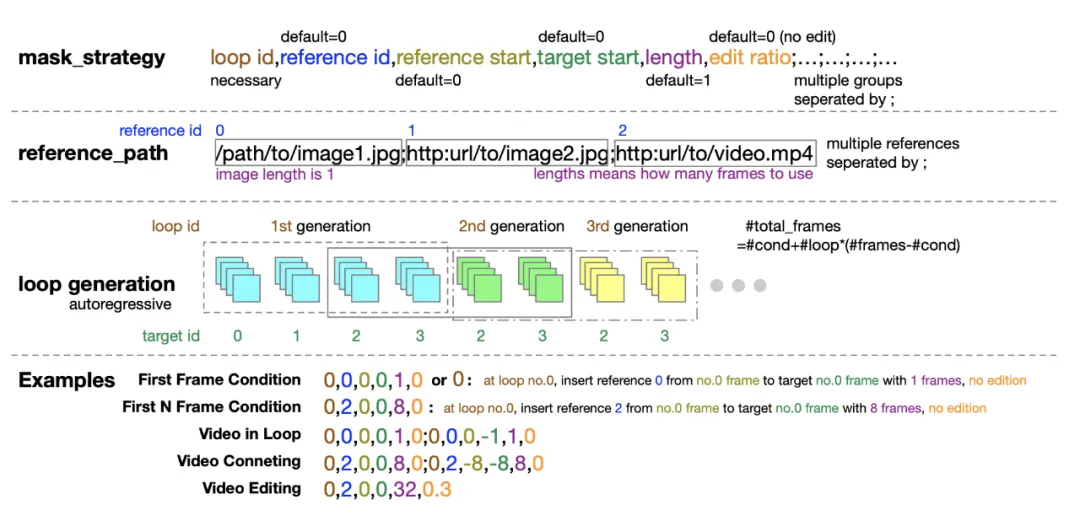
Mask policy configuration instructions
Support multiple time/resolution/length and width Ratio/frame rate training
OpenAI Sora’s technical report [3] points out that training using the resolution, aspect ratio, and length of the original video can increase sampling flexibility, Improve framing and composition. In this regard, the author team proposed a bucketing strategy.
How to implement it specifically? Through in-depth reading of the technical report published by the author, we learned that the so-called bucket is a triplet of (resolution, number of frames, aspect ratio). The team has predefined a range of aspect ratios for videos at different resolutions to cover most common video aspect ratio types. Before the start of each training cycle epoch, they reshuffle the data set and assign the samples to the corresponding buckets based on their characteristics. Specifically, they put each sample into a bucket whose resolution and frame length are less than or equal to that video feature.
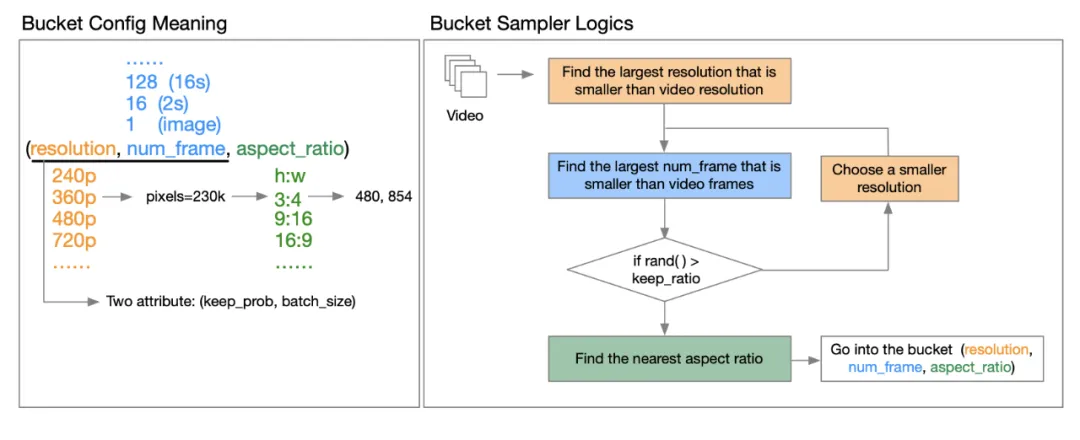
Open-Sora bucketing strategy
The author team further revealed that in order to reduce computing resource requirements , they introduce two attributes (resolution, number of frames) for each keep_prob and batch_size to reduce computational costs and enable multi-stage training. This way they can control the number of samples in different buckets and balance the GPU load by searching for a good batch size for each bucket. The author elaborates on this in the technical report. Interested friends can read the technical report published by the author on GitHub to get more information: https://github.com/hpcaitech/Open-Sora
Data collection and pre-processing process
The author team even provides detailed guidance on the data collection and processing steps. According to the author's explanation in the technical report, during the development process of Open-Sora 1.0, they realized that the quantity and quality of data are extremely critical to cultivating a high-performance model, so they devoted themselves to expanding and optimizing the data set. They established an automated data processing process that follows the singular value decomposition (SVD) principle and covers scene segmentation, subtitle processing, diversity scoring and filtering, as well as the management system and specification of the data set. Likewise, they selflessly share data processing related scripts to the open source community. Interested developers can now use these resources, combined with technical reports and code, to efficiently process and optimize their own data sets.
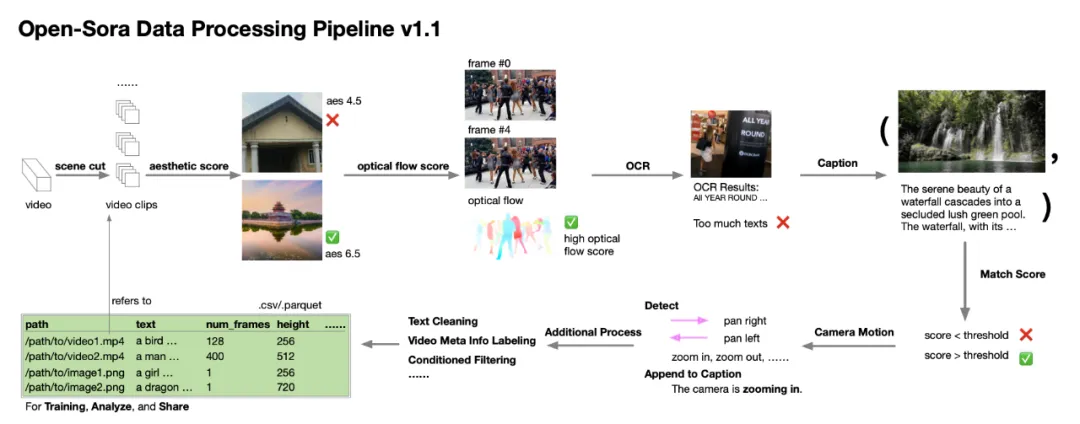
Open-Sora data processing process
Open-Sora performance comprehensive evaluation
Video generation effect display
The most eye-catching highlight of Open-Sora is that it can transform the scene in your mind, Capture and convert text descriptions into moving videos. The images and imaginations that flash through your mind can now be permanently recorded and shared with others. Here, the author tried several different prompts as a starting point.
For example, the author tried to generate a video of visiting a winter forest. Not long after the snow fell, the pine trees were covered with white snow. Dark pine needles and white snowflakes were scattered in clear layers.
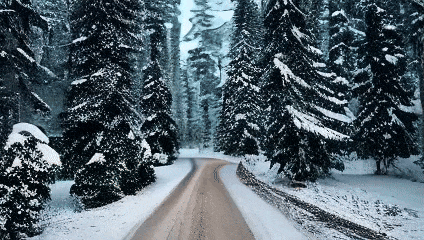
Or, in a quiet night, you are in a dark forest like those described in countless fairy tales, with the deep lake sparkling under the bright stars all over the sky.
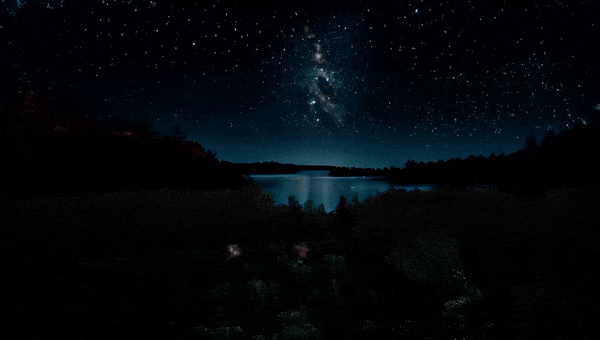
The night view overlooking the prosperous island from the air is even more beautiful. The warm yellow lights and the ribbon-like blue water make people instantly mesmerized. Pull into the leisurely time of vacation.
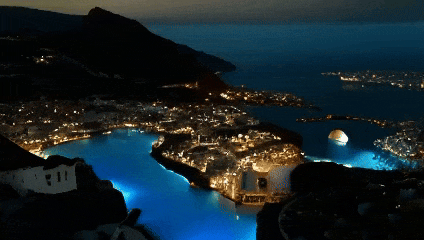
#The city is bustling with traffic, and the high-rise buildings and street shops with lights still on late at night have a different flavor.
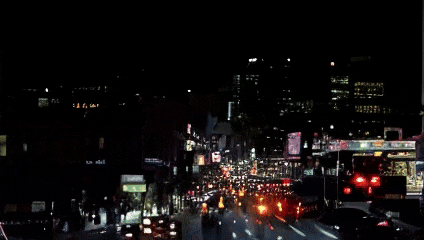
In addition to scenery, Open-Sora can also restore various natural creatures. Whether it's a bright red flower,
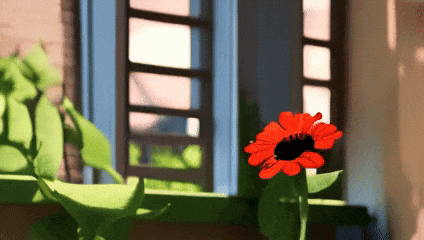
or a chameleon slowly turning its head, Open-Sora can generate more realistic videos.
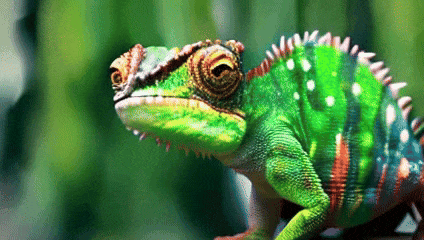
The author also tried a variety of prompt tests and provided many generated videos for your reference, including different content, different resolutions, and different Aspect ratio, different duration.
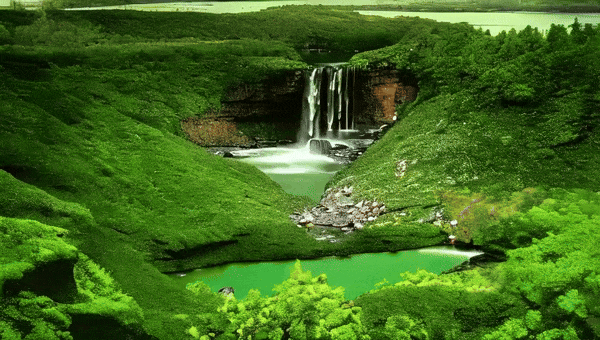
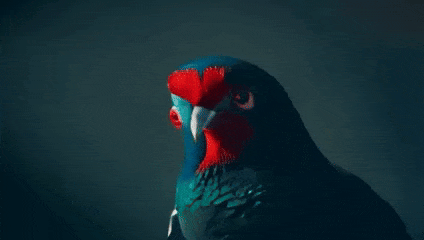
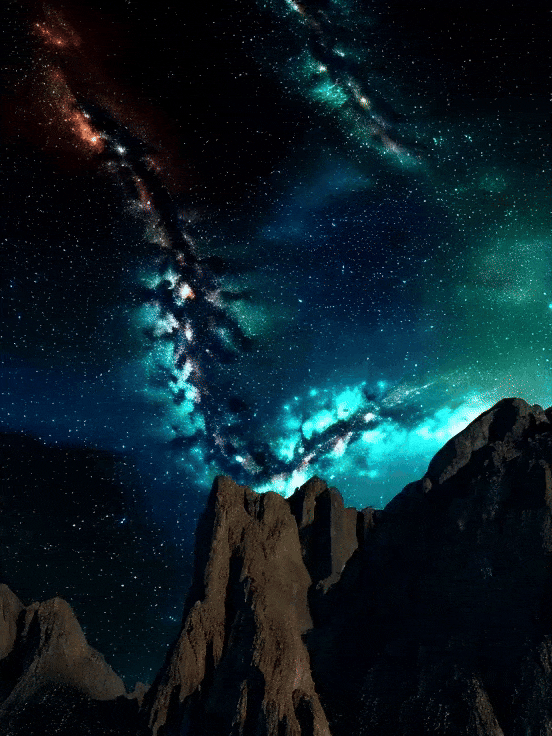
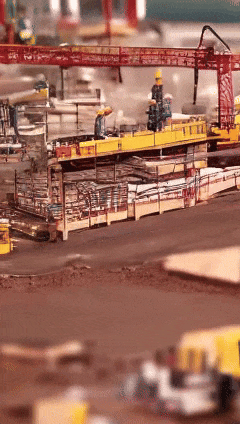
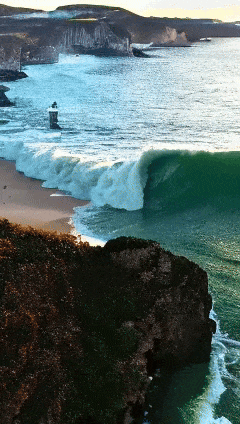

#The author also found that Open-Sora can generate multi-resolution video clips with just one simple command, completely breaking the creative restrictions.
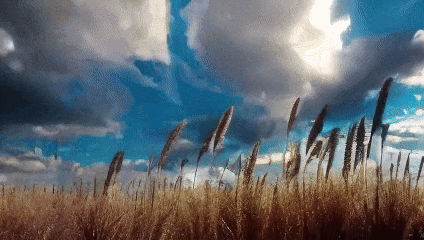
Resolution: 16*240p
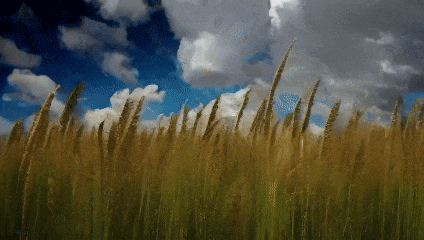
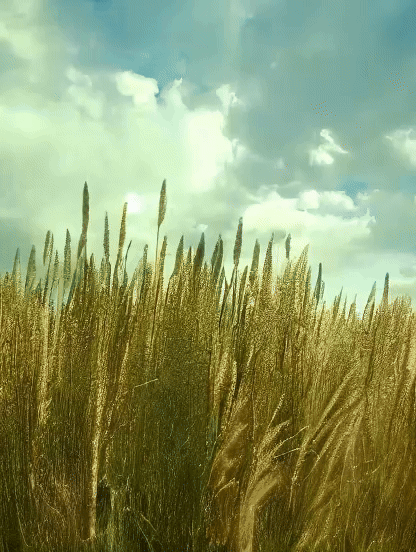
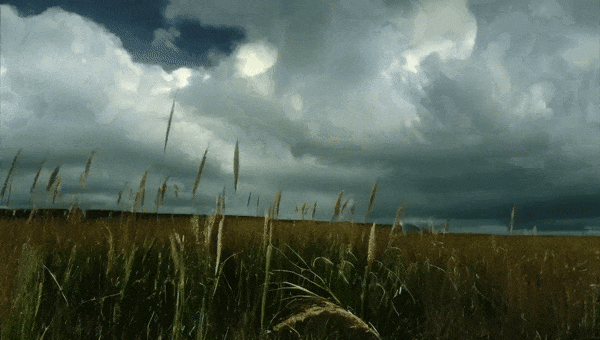
We can also feed Open-Sora a static image to generate a short video
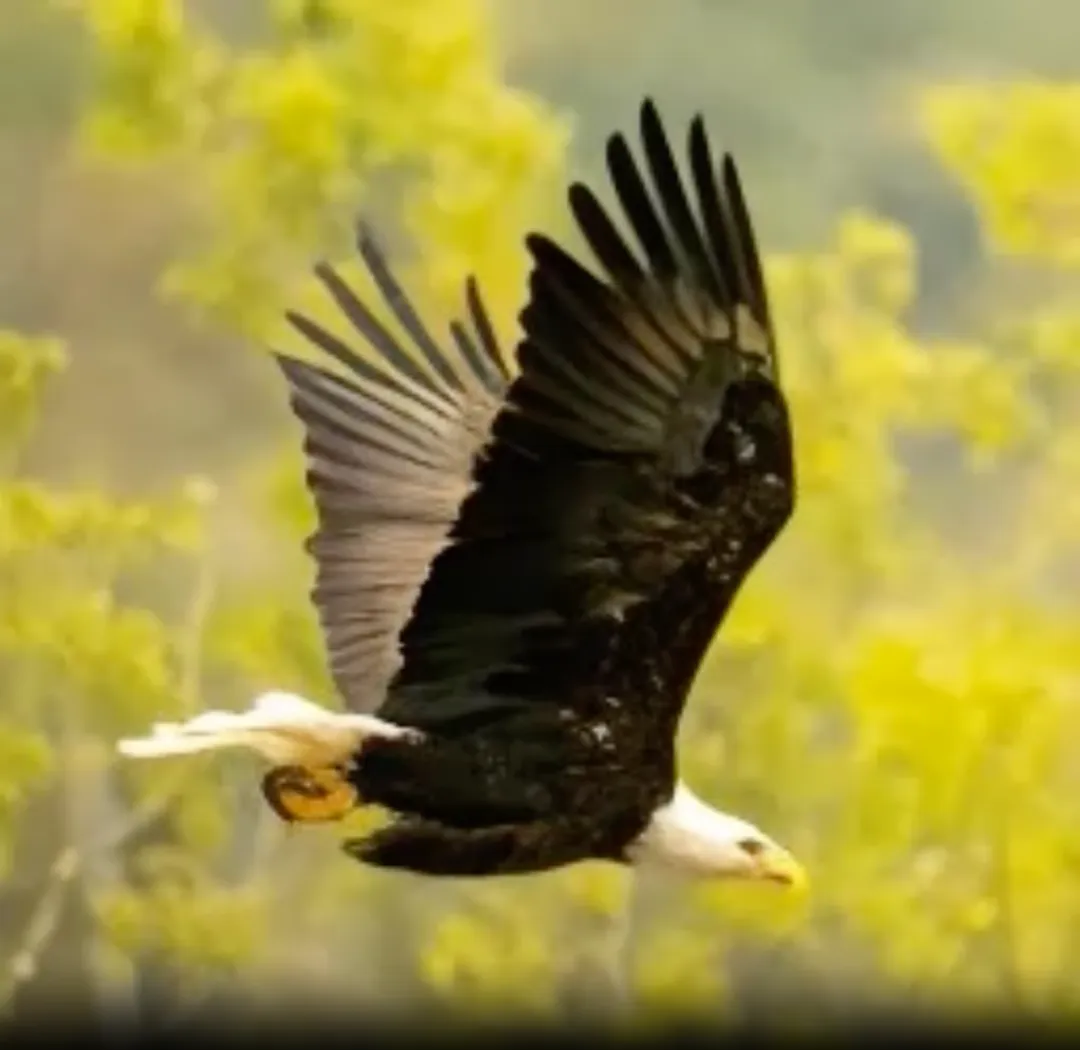
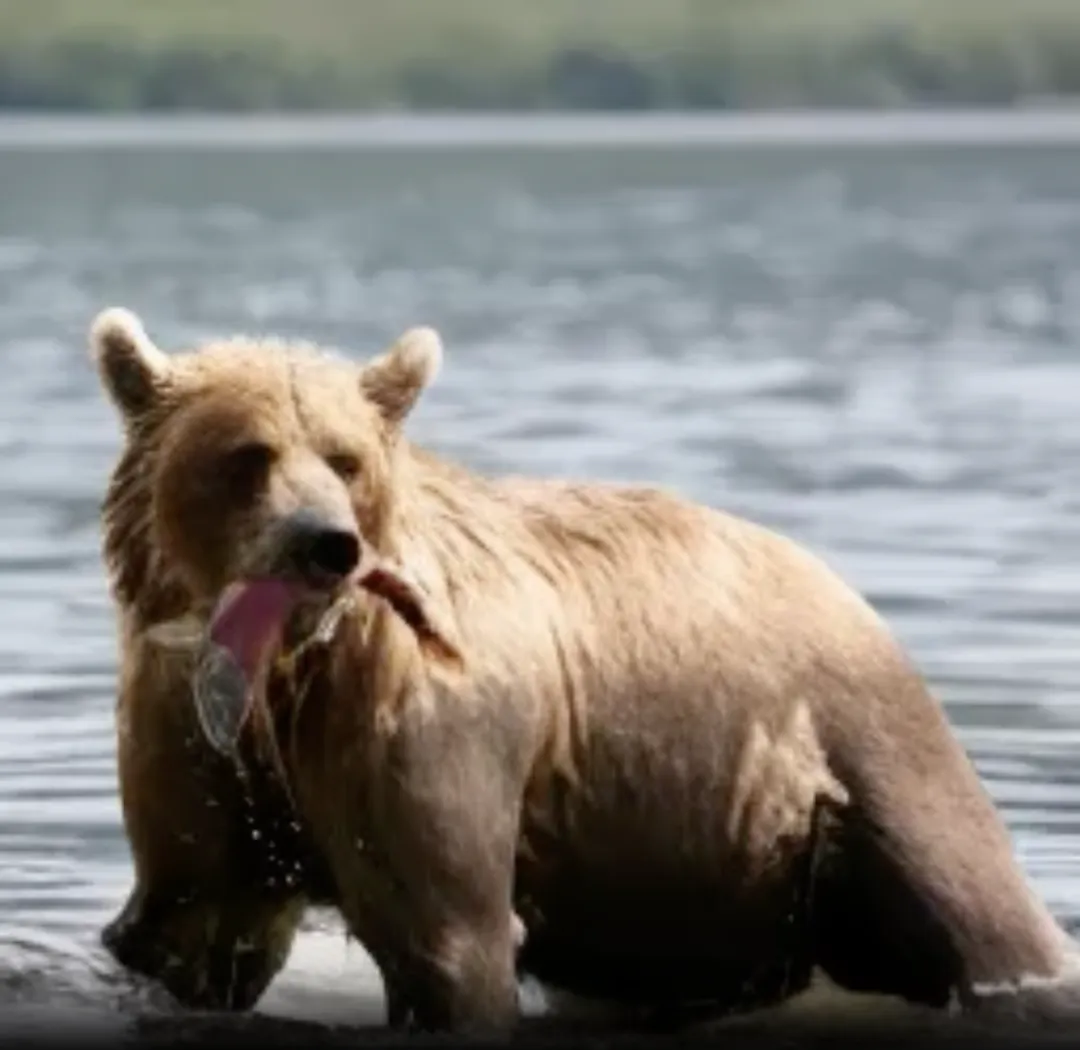

Open-Sora can also cleverly connect two static images. Tap the video below to take you to experience the afternoon At dusk, the light and shadow change, and every frame is a poem of time.
For another example, if we want to edit the original video, with just a simple command, the originally bright forest ushered in a heavy snowfall.
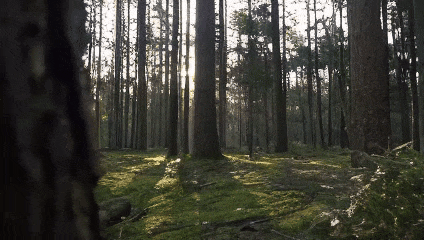
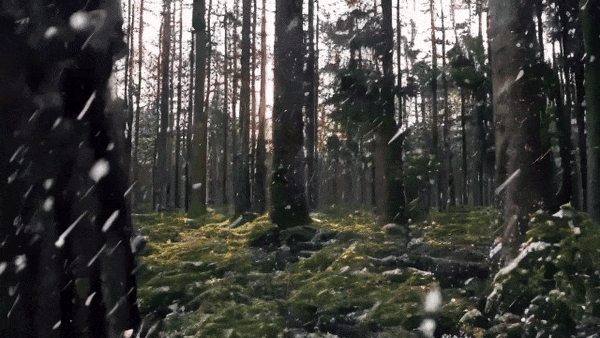
We can also use Open-Sora to generate high-definition images


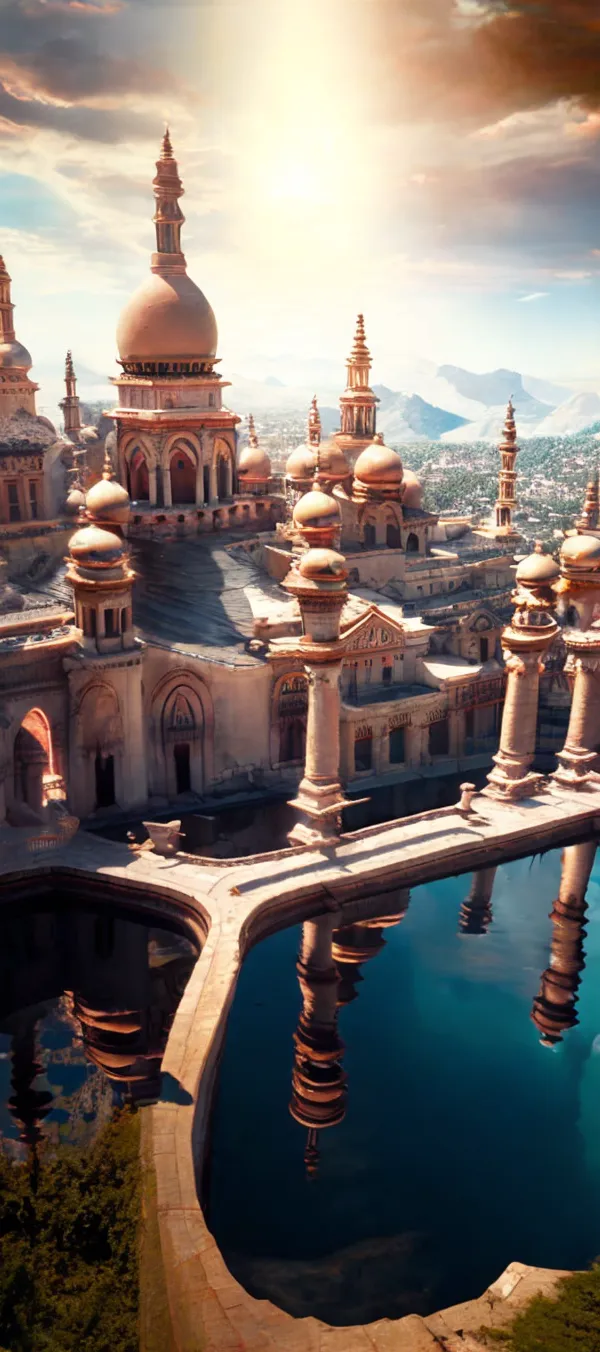
It is worth noting that Open-Sora’s model weights are completely free It's public on their open source community, so you might as well download it and give it a try. Since they also support the video splicing function, this means you have the opportunity to create a short short story with a story for free to bring your creativity into reality.
Weight download address: https://github.com/hpcaitech/Open-Sora
Current limitations and future plans
Although good progress has been made in reproducing Sora-like video models, the author team also humbly points out that the currently generated videos still need to be improved in many aspects: including the generation process noise issues, lack of temporal consistency, poor character generation quality, and low aesthetic scores. Regarding these challenges, the author team stated that they will give priority to solving them in the development of the next version in order to achieve higher video generation standards. Interested friends may wish to continue to pay attention. We look forward to the next surprise that the Open-Sora community brings to us.
Open source address: https://github.com/hpcaitech/Open-Sora
The above is the detailed content of Open-Sora comprehensive open source upgrade: supports 16s video generation and 720p resolution. For more information, please follow other related articles on the PHP Chinese website!

Hot AI Tools

Undresser.AI Undress
AI-powered app for creating realistic nude photos

AI Clothes Remover
Online AI tool for removing clothes from photos.

Undress AI Tool
Undress images for free

Clothoff.io
AI clothes remover

AI Hentai Generator
Generate AI Hentai for free.

Hot Article

Hot Tools

Notepad++7.3.1
Easy-to-use and free code editor

SublimeText3 Chinese version
Chinese version, very easy to use

Zend Studio 13.0.1
Powerful PHP integrated development environment

Dreamweaver CS6
Visual web development tools

SublimeText3 Mac version
God-level code editing software (SublimeText3)

Hot Topics
 1359
1359
 52
52
 What are the Grayscale Encryption Trust Funds? Common Grayscale Encryption Trust Funds Inventory
Mar 05, 2025 pm 12:33 PM
What are the Grayscale Encryption Trust Funds? Common Grayscale Encryption Trust Funds Inventory
Mar 05, 2025 pm 12:33 PM
Grayscale Investment: The channel for institutional investors to enter the cryptocurrency market. Grayscale Investment Company provides digital currency investment services to institutions and investors. It allows investors to indirectly participate in cryptocurrency investment through the form of trust funds. The company has launched several crypto trusts, which has attracted widespread market attention, but the impact of these funds on token prices varies significantly. This article will introduce in detail some of Grayscale's major crypto trust funds. Grayscale Major Crypto Trust Funds Available at a glance Grayscale Investment (founded by DigitalCurrencyGroup in 2013) manages a variety of crypto asset trust funds, providing institutional investors and high-net-worth individuals with compliant investment channels. Its main funds include: Zcash (ZEC), SOL,
 Bitwise: Businesses Buy Bitcoin A Neglected Big Trend
Mar 05, 2025 pm 02:42 PM
Bitwise: Businesses Buy Bitcoin A Neglected Big Trend
Mar 05, 2025 pm 02:42 PM
Weekly Observation: Businesses Hoarding Bitcoin – A Brewing Change I often point out some overlooked market trends in weekly memos. MicroStrategy's move is a stark example. Many people may say, "MicroStrategy and MichaelSaylor are already well-known, what are you going to pay attention to?" This is true, but many investors regard it as a special case and ignore the deeper market forces behind it. This view is one-sided. In-depth research on the adoption of Bitcoin as a reserve asset in recent months shows that this is not an isolated case, but a major trend that is emerging. I predict that in the next 12-18 months, hundreds of companies will follow suit and buy large quantities of Bitcoin
 Significantly surpassing SFT, the secret behind o1/DeepSeek-R1 can also be used in multimodal large models
Mar 12, 2025 pm 01:03 PM
Significantly surpassing SFT, the secret behind o1/DeepSeek-R1 can also be used in multimodal large models
Mar 12, 2025 pm 01:03 PM
Researchers from Shanghai Jiaotong University, Shanghai AILab and the Chinese University of Hong Kong have launched the Visual-RFT (Visual Enhancement Fine Tuning) open source project, which requires only a small amount of data to significantly improve the performance of visual language big model (LVLM). Visual-RFT cleverly combines DeepSeek-R1's rule-based reinforcement learning approach with OpenAI's reinforcement fine-tuning (RFT) paradigm, successfully extending this approach from the text field to the visual field. By designing corresponding rule rewards for tasks such as visual subcategorization and object detection, Visual-RFT overcomes the limitations of the DeepSeek-R1 method being limited to text, mathematical reasoning and other fields, providing a new way for LVLM training. Vis
 What libraries are used for floating point number operations in Go?
Apr 02, 2025 pm 02:06 PM
What libraries are used for floating point number operations in Go?
Apr 02, 2025 pm 02:06 PM
The library used for floating-point number operation in Go language introduces how to ensure the accuracy is...
 Which libraries in Go are developed by large companies or provided by well-known open source projects?
Apr 02, 2025 pm 04:12 PM
Which libraries in Go are developed by large companies or provided by well-known open source projects?
Apr 02, 2025 pm 04:12 PM
Which libraries in Go are developed by large companies or well-known open source projects? When programming in Go, developers often encounter some common needs, ...
 What is Binance Launchpool? How to participate in Binance Launchpool?
Mar 05, 2025 pm 03:06 PM
What is Binance Launchpool? How to participate in Binance Launchpool?
Mar 05, 2025 pm 03:06 PM
Binance Launchpool in-depth analysis: High-yield mining guide and detailed explanation of BIO projects. This article will conduct in-depth discussion of Binance Launchpool, analyze its yield, explain in detail the participation method, and focus on introducing the latest project BIO Coin (BIOl). As the world's largest cryptocurrency exchange, Binance has selected high-quality projects with Launchpool, providing investors with easy mining and opportunities to obtain new tokens. What is Binance Launchpool? Binance Launchpool is a platform that earns new tokens for free by pledging a specified currency. Users can easily earn money by pledging a cryptocurrency. This is similar to new stock subscriptions in the stock market, but there are fewer participants, lower competition, and small investments can also get high returns.
 How to obtain the shipping region data of the overseas version? What are some ready-made resources available?
Apr 01, 2025 am 08:15 AM
How to obtain the shipping region data of the overseas version? What are some ready-made resources available?
Apr 01, 2025 am 08:15 AM
Question description: How to obtain the shipping region data of the overseas version? Are there ready-made resources available? Get accurate in cross-border e-commerce or globalized business...
 Steps to create videos in deepseek - How to create videos in deepseek
Mar 12, 2025 pm 01:06 PM
Steps to create videos in deepseek - How to create videos in deepseek
Mar 12, 2025 pm 01:06 PM
Master DeepSeek video creation skills and easily make wonderful videos! This article will gradually guide you through the entire process of DeepSeek video production, from importing materials to final export, allowing you to get started quickly. Preparation Please make sure that DeepSeek software is installed and familiar with its basic operating interface. Material Import Launch DeepSeek, click the "Import" option under the "File" menu to add your video, audio and image materials. Video editing drags the material to the timeline, uses the editing tool to crop, adjust clips, and adds transition effects to make the video connection smooth and natural. Special effects and subtitles Add visual effects to videos using DeepSeek built-in special effects library and add subtitles to enhance the expression of video content.



